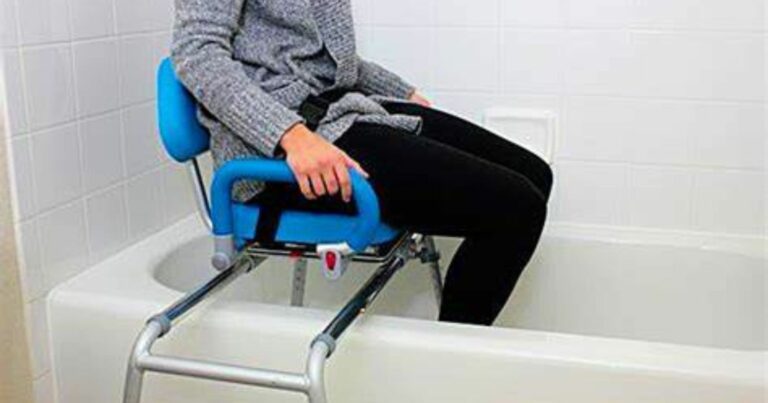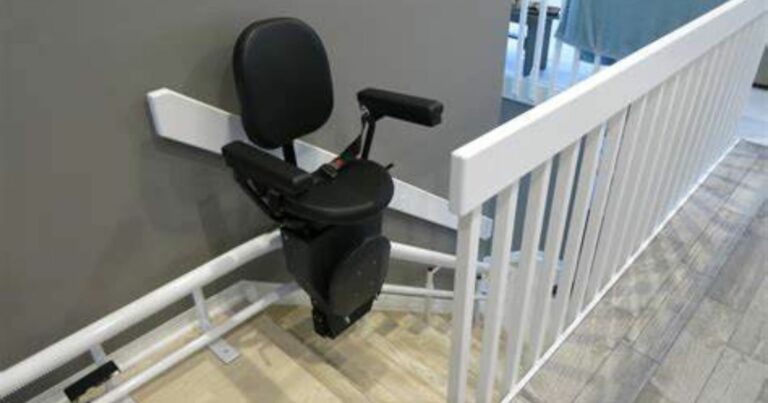Introduction: As we age, it becomes increasingly important to prioritize safety in our homes. One crucial aspect of home safety is having a fire extinguisher on hand. In this guide, we’ll explore the essential factors to consider when choosing the right fire extinguisher for your needs. From understanding fire classes and ratings to assessing your fire risks, we’ll cover it all. So, let’s dive in and ensure your peace of mind.
Understanding Fire Extinguisher Classes And Ratings:
Ratings
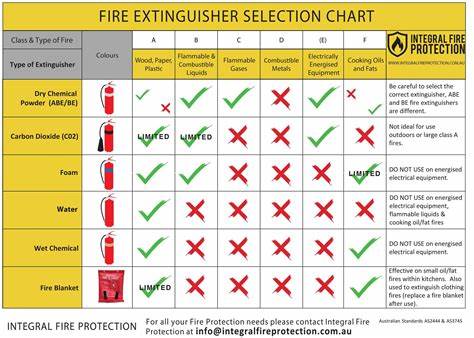
To make an informed decision, it’s crucial to understand the different classes of fire and their corresponding fire extinguisher types. Class A fires involve ordinary combustible materials like wood and paper, while Class B fires include flammable liquids such as gasoline. Class C fires involve electrical equipment, and Class D fires are specific to flammable metals. Finally, Class K fires occur in commercial kitchens due to cooking oil or fat. Each fire class requires a specific fire extinguisher type to effectively combat it.
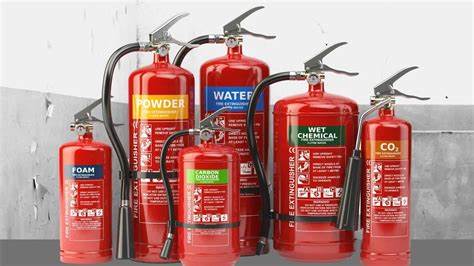
Choosing The Right Fire Extinguisher: Assessing Your Fire Risks
Risks
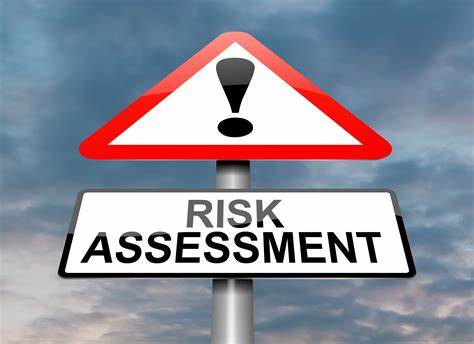
Before selecting a fire extinguisher, take a moment to assess the potential fire risks in your home. Consider common fire hazards like kitchen appliances, heating systems, electrical outlets, and flammable materials. By identifying potential fire risks, you’ll be better equipped to select the appropriate fire extinguisher for your specific needs.

Types of Fire Extinguishers:
Types

- Water and Foam Fire Extinguishers: Water and foam fire extinguishers are ideal for Class A fires involving ordinary combustible materials. They work by cooling the fire and smothering it. However, it’s important to note that these extinguishers should not be used for electrical fires or flammable liquid fires.
- Carbon Dioxide (CO2) Fire Extinguishers: CO2 fire extinguishers are effective for Class B and Class C fires. They work by displacing oxygen and suffocating the flames. These extinguishers are safe to use around electrical equipment and are suitable for offices, server rooms, and workshops.
- Dry Chemical Powder Fire Extinguishers: Dry chemical powder fire extinguishers are versatile and can combat Class A, B, and C fires. They work by interrupting the chemical reaction of the fire. However, it’s important to clean up the residue left behind as it can be corrosive to certain materials.
- Wet Chemical Fire Extinguishers: Designed specifically for Class K fires, wet chemical fire extinguishers are perfect for kitchen fires involving cooking oils and fats. They work by cooling the fire and creating a barrier between the oil and oxygen. Ensure you have one in your kitchen to keep fire hazards at bay.
Other Specialized Fire Extinguishers
Others
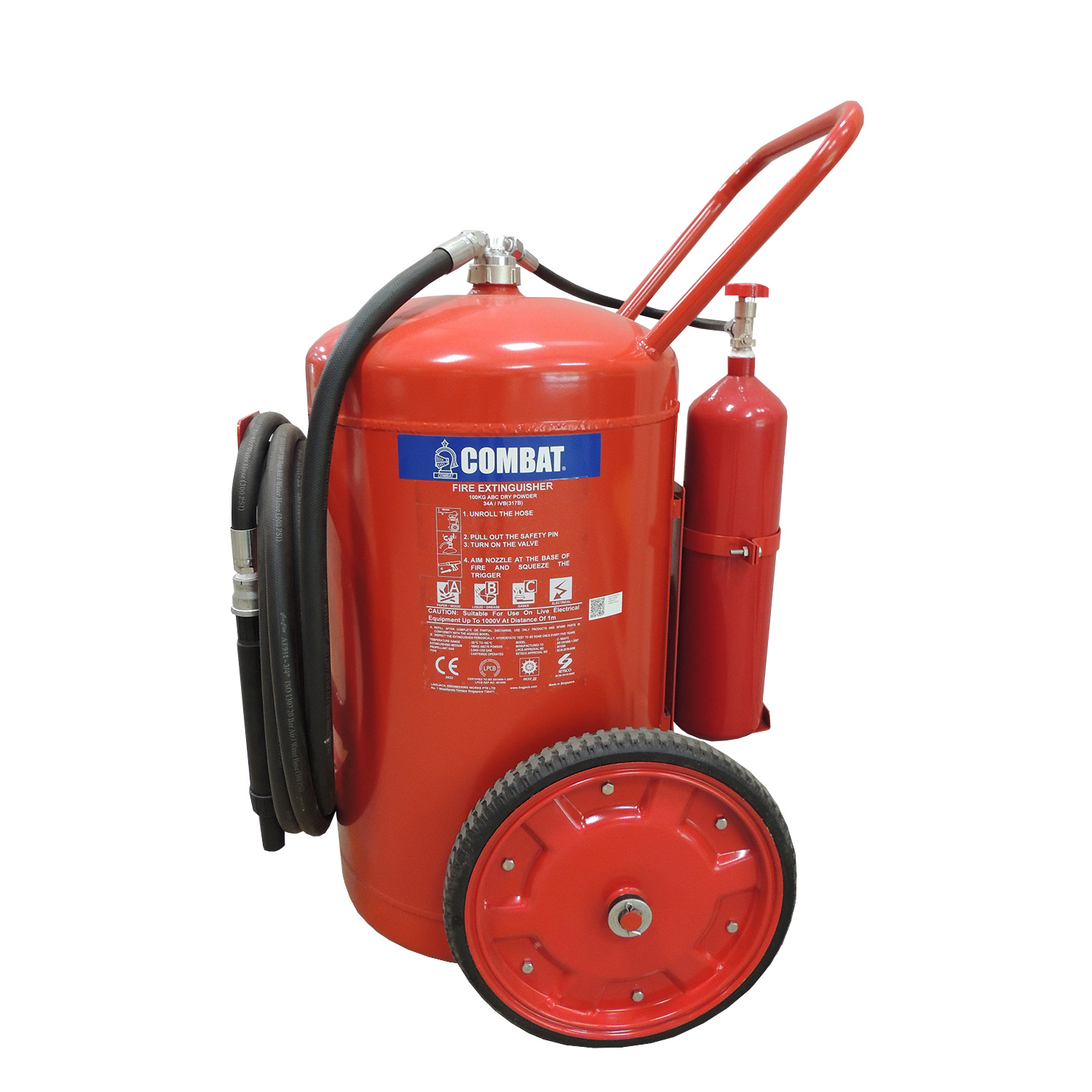
In addition to the aforementioned types, there are specialized fire extinguishers for unique fire hazards. Class D fire extinguishers are designed for metal fires, while Class F fire extinguishers are suitable for deep fat fryer fires. These specialized extinguishers are less common but can be crucial in specific situations.

Factors to Consider When Choosing a Fire Extinguisher
Factors
When selecting a fire extinguisher, keep the following factors in mind:
Size and Weight: Choose a fire extinguisher that you can easily handle and operate, especially for seniors. Opt for a size that fits comfortably in your hand and ensure it’s not too heavy to carry in case of an emergency.
Ease of Use
Use
Look for fire extinguishers with intuitive operation and clear instructions. Consider those with easy-to-read pressure gauges and simple activation mechanisms, as they will be easier to handle during a high-stress situation.

Maintenance and Expiration Dates
Expire
Regular maintenance is essential to ensure the reliability of your fire extinguisher. Check the expiration date and inspect it periodically to ensure it remains in good working condition. Follow the manufacturer’s guidelines for maintenance and schedule professional inspections when necessary. Remember, an expired or poorly maintained fire extinguisher may not perform as expected during a fire emergency.

Recommended Fire Extinguisher Brands and Models
Models
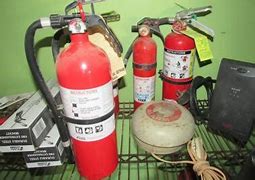
When it comes to fire safety, it’s important to choose reputable brands known for their quality and reliability. Some well-regarded fire extinguisher brands include Kidde, Amerex, and First Alert. Within these brands, specific models such as Kidde FA110 and Amerex B500 have received positive reviews from users for their effectiveness and ease of use. Do your research and read customer feedback to find the best fire extinguisher for your needs.
Other Places To Explore
Explore
Conclusion
Final Tip
Selecting the right fire extinguisher is crucial to safeguarding your home and ensuring the safety of yourself and your loved ones. Remember to consider the fire classes and ratings, assess your fire risks, and choose the appropriate type of fire extinguisher accordingly. Take into account factors such as size, ease of use, and maintenance requirements. By following these guidelines and staying informed, you can make an informed decision and be well-prepared in the event of a fire emergency. Stay safe and prioritize fire safety in your ho




